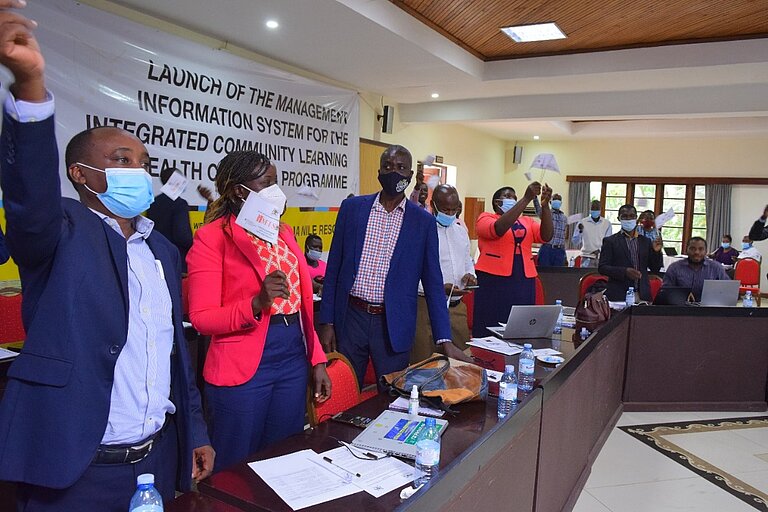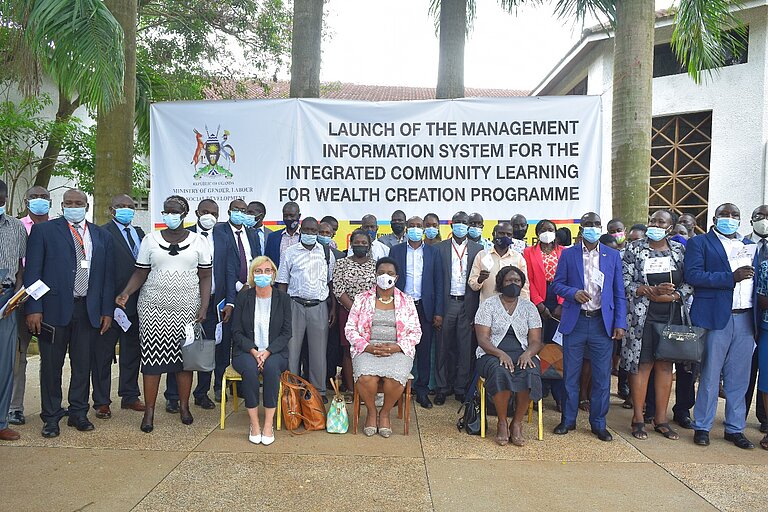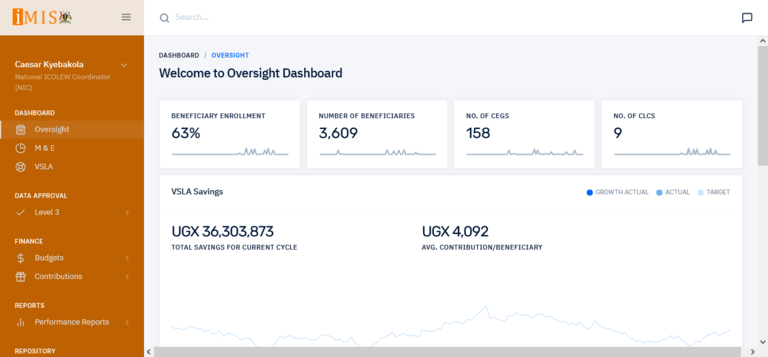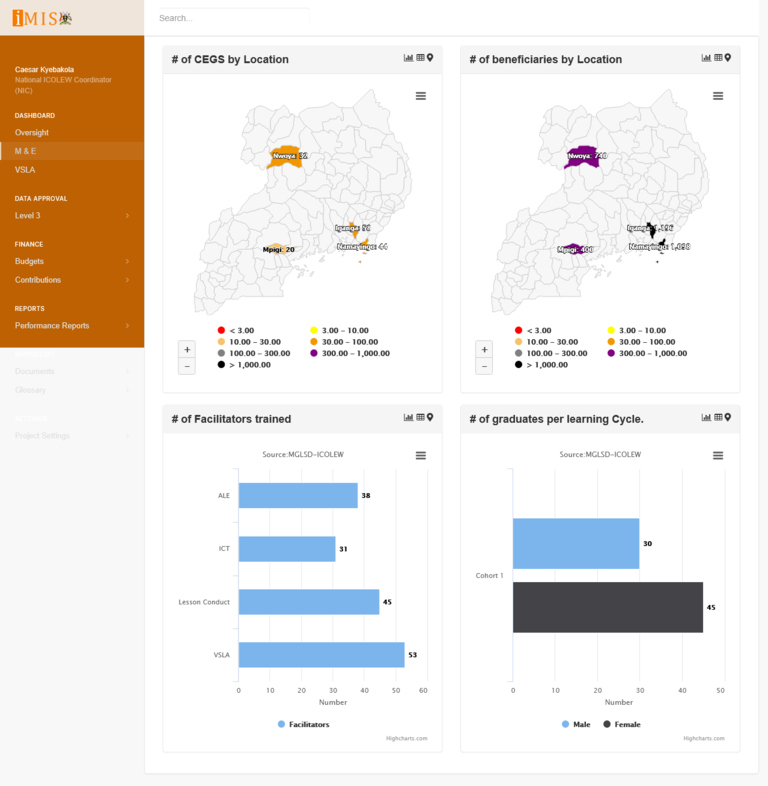A new era for the management of adult learning and education information in Uganda

In 2015, the 38th UNESCO General Conference adopted the new recommendation on adult learning and education (ALE) which calls upon member states to take action in the areas of policy, governance, finance, participation, quality, inclusion and equity – while building on the potentials of information and communication technologies.
As a UNESCO member state, Uganda like all member states is required to collect and present data on ALE through and with the support of UNESCO. But like many other countries, Uganda still faced challenges in objectively reporting on progress. While the UNSECO Institute for Lifelong Learning (UIL) developed agreed indicators and improved the mechanism for international data collection on ALE and reporting through the Global Report on Adult Learning and Education (GRALE), the lack of a well-elaborated management information system (MIS) thwarted all noble efforts.
Lessons of the past
Uganda launched – in 2011 – the National Adult Literacy Action Plan, with the strategic objective to upgrade and make the National Adult Literacy Management Information System (NALMIS) fully operational. However, this turned out to be a less than successful attempt.
In 2020, the Ministry of Gender, Labour and Social Development, with support from DVV International, embarked on the process of revitalizing and broadening ALE data management under a new programme entitled “Integrated Community Learning for Wealth Creation” (ICOLEW), borrowing the implementation challenges and lessons learnt from the NALMIS development processes in order to develop a more compliant and robust ALE management information system.
COVID-19 Pandemic – an eye-opener
The energy of the implementing team was invigorated by a rather unfamiliar situation. The COVID-19 pandemic confronted humankind with never-imagined challenges, yet at the same time presented new possibilities. To the DVV International team in Uganda, the desire was to keep data on ALE interventions and disruptions flowing in, yet there was no system to provide for this burning desire when every sector was under lockdown. With the world becoming more and more digitalized, ALE service delivery became vulnerable in its analogue confinement.
By the time the COVID-19 pandemic struck, Uganda had just embarked on a journey towards establishing an effective ALE system based on DVV International’s Adult Learning and Education System Building Approach (ALESBA). There was a glaring need to establish a web-based/digital MIS that facilitates information and data for the entire ALE system so that informed management decisions on ALE can be made in times of uncertainty. With DVV International’s support, the Ministry of Gender, Labour and Social Development embarked on the process of developing a web-based MIS. On 1 December 2021, Uganda joined a few other countries in Africa to launch a web-based MIS for its ICOLEW programme, now named ICOLEW Management Information System (IMIS).
Benefits of the ICOLEW Management Information System
The IMIS was designed to interact with all other government systems. The IMIS captures and stores data and information on the ICOLEW programme from the community learning centres (CLCs), going through different data approval processes up to the national level at the ministry. The system also has the capacity to input data from non-state actors involved in ALE, making it a comprehensive tool for data management.
A variety of data is collected by IMIS on the ICOLEW programme, such as components related to literacy/numeracy skills enhancement, livelihoods/business skills training, village savings and loan associations and community-driven development initiatives. It captures, stores and analyses disaggregated data of enrolled learners, learning achievements, savings and loans, and budget contribution to ALE programmes. It further manages data on the establishment of and programmes offered by different CLCs, the number of CLC users, and much more.
Looking Ahead
The introduction of IMIS was intended to facilitate decision-making and effective interaction between different levels of programme implementation and management. IMIS provides solutions to data management challenges faced previously and is a platform that facilitates collection and presentation of data on ALE for local, national and international purposes.






